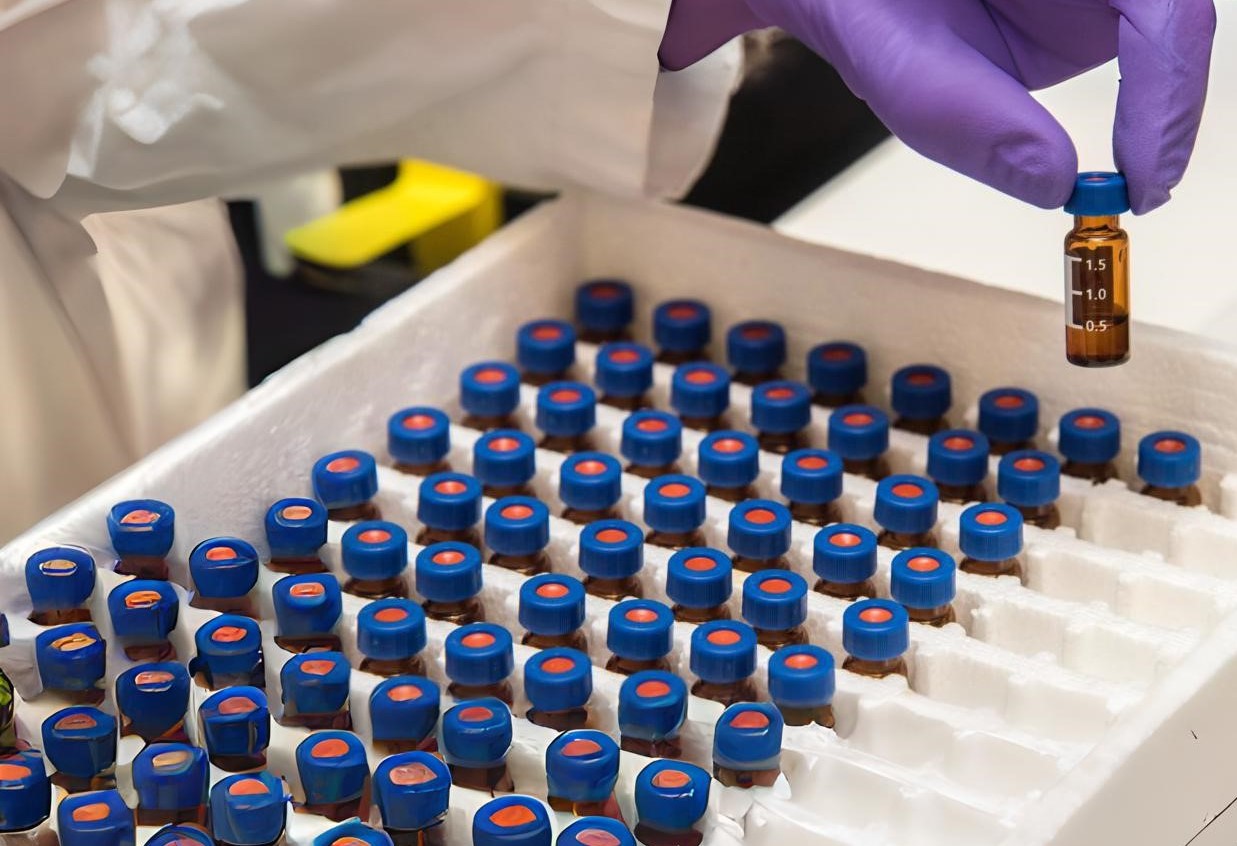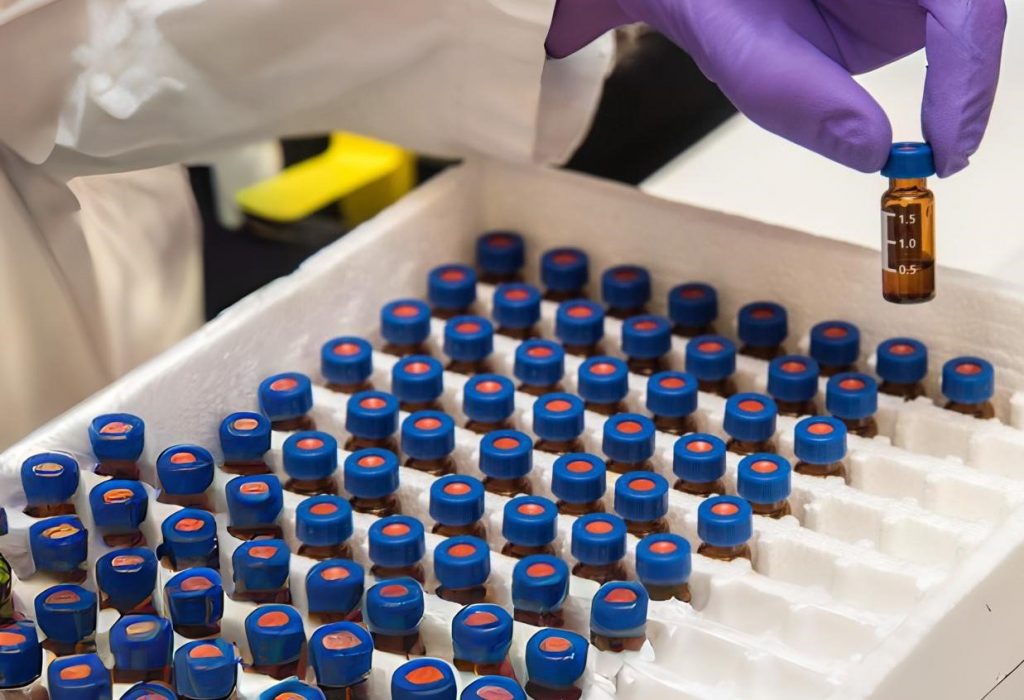How Has The Covid-19 Pandemic Impacted Oncology and Clinical Operations?
 5 years ago
By Charlotte Di Salvo
5 years ago
By Charlotte Di Salvo

As a part of Proventa’s Clinical Operations and Oncology Meeting May 2021, we organised a number of interesting keynote sessions pondering the latest innovations, challenges and strategies for the future. The morning keynote, hosted by Tanya Russel Kirkpatrick, VP Clinical Operations Head – Oncology, Global Product Development at Pfizer, was a particularly fascinating panel discussion focused on how the COVID-19 pandemic has impacted oncology and clinical operations.
For daily articles on the latest pharma trends and innovations, as well as interviews with leading experts and in-depth industry White Papers, subscribe to PharmaFeatures.com.
The industry has also seen a significant shift in terms of how it operates clinical trials, focusing on delivering a more patient-centric approach to research and healthcare. There is a “general emphasis on home patient care, remote monitoring and essentially making these trials accessible to patients”. What has been obvious is patients’ concern regarding clinic visits and the risk of catching COVID-19. “In some instances we saw patients who could/could not enroll in trials simply because they did not feel comfortable meeting face-to-face or perhaps because they were part of a vulnerable patient subset or simply it was logistically impossible to do so”.
Clinical trial diversity and equity was something [positive] that came out from the pandemic in particular. “For a long time [as an industry] we have not had representative patient populations enrolling in our oncology trials, and certain indications, for example prostate cancer and triple negative breast cancer”.
Also noteworthy were some differences in how big pharma reacted to the pandemic versus the reaction of smaller biotechs.
Small biotech companies
Despite the world being thrown into turmoil, pharmaceutical startups were able to conduct remote monitoring and patient care almost immediately. Moving quickly into action mode, these smaller pharma companies worked with vendor partners to make sure that the first and foremost, the patient, were not impacted in terms of safety. This is a prime example of the shift to focusing more on patient-centricity.
Start-ups were able to quickly pivot to a substantial amount of remote monitoring, with guidance received from global regulatory bodies like the FDA, which helped these companies to rapidly achieve this. One speaker was happy to report that “none of our patients missed a visit: we worked with our vendors to facilitate patient travel. In oncology, it’s always going to be difficult with infusions and ensuring the patients are comfortable, keeping in mind the patients’ desires and perspectives – all this feeds into our decision-making”.
Remote technologies
Across the clinical field, sites immediately implemented remote technologies, allowing doctors to continue to conduct telehealth visits with their patients. Sponsors partnered with sites would work to figure out which visits would be in-person vs those that could be done remotely at a local lab or imaging centre (for oncology).
During the pandemic, a large number of cancer patients were concerned about personal visits, hence were afraid to receive or visit for cancer screenings which further emphasised the need for more telehealth to be implemented. In terms of oncology, one speaker suggested that the status of clinical trials today is hybrid, “where there’ll be some visits closer to home, some at the centre, and some closer to the patient’s”.
There also appears to be a perception that it is more difficult to run decentralised clinical trials for oncology, however one speaker reinforced “it’s all about enabling home health like sending clinicians to patients’ homes to either draw blood, administer medications, collect safety, just checking in general on the patient.”
With regards to remote engagement, “the general feedback from telehealth [from sites] is that they think the patients like it better; it helps to engage and actually ask more questions when they’re doing telehealth and maybe the stress of coming into the office”.
One of the challenges found with home health , however, is that some patients are uncomfortable having people come into their homes – this is one of the things which pharma is working on improving.
Initially vendors had no control over which home health visits were meeting patients, so patients were seeing different people each time which was making some uncomfortable. It’s important to establish a relationship between the home health visitor and the patients they’re visiting in order to build a bond of trust.
“It’s all about offering a choice to patients, keeping them at the centre of the decision making”.
Big pharma
Big pharma initially experienced a high number of [oncology] trials being put on hold. From a Pfizer perspective “we went through the whole pausing trials: we kept open some of the oncology trials, but most of our trials globally were paused briefly because of site shutdowns and then reopened”.
Reopening was a huge effort: site reopening was based on their ability to allow patients on site, their ability to monitor, and also whatever the local shutdown regulations were. Doing this globally was one of the most difficult things to do: “we had our colleagues in countries reporting back on a regular basis on sites regarding their status and ability to allow patients to come into the clinics/not coming to the clinics”.
Oncology trials were an area that reopened faster than some of the other therapeutic areas because often oncology sites have a separate location – it’s not in the main hospital when they’re treating the patients they’re administering the oncology treatments too. Big pharma’s very quickly adapted to both remote monitoring, set up for working with sites to see how data could be accessed throughout electronic health records. The varying levels of lockdowns globally presented an issue however, as Europe wasn’t allowing that type of monitoring early on, whereas in the US you could get better data from sites depending on the region
“Because we [Pfizer] developed the vaccine, we quickly pivoted to asking how can we do that in the pandemic. It enabled us to kickstart the things we wanted to do for a long time. We wanted to have a more decentralised approach”. This enabled (remote) monitoring, and thus, more telehealth. Due to the pandemic, big pharma had to adapt to remote clinical research to enable the vaccine trials to run. The success of the rapid changes to decentralised clinical trials has pushed big pharma to continue in this way and make sure they were conducting clinical trials before – this is one of the biggest challenges.
Supplying medication to patients’ homes was “one of the first things we implemented…but you’re less able to do that in oncology”. In oncology, it was often more about trying to figure out how to get the patient into the centre for infusions or something that required monitoring for safety. It was found that oncology centres were more willing to open up because they wanted to push continuity of patient treatment. “Direct-to-patient drug delivery and flexible sample collection is something we’ve been doing – collecting bloods, sending phlebotomists to homes and sending them back to central labs and even local labs”.
“What we’re doing for decentralised trials is more of a concierge approach, so every time we have a new protocol, the protocol team sits down with the decentralised subject matter experts. These are professionals who are dedicated to their subject, looking visit-by-visit to see what’s happening and make suggestions where they could deploy a technique that might be more beneficial for the patient”.
This typically results in a hybrid approach, where the first couple visits involve travel to the hospital to monitor patients for cytokine release syndrome (CRS) or other safety issues. Visits after that could be done at home.
In oncology, there are often long-term follow ups, with patients on the drug for a long period, receiving benefits. This can go on for years and makes it easier to perform visits from a home-type approach.
Charlotte Di Salvo, Junior Medical Writer
Proventa International

Navigating the Complex World of Global Regulatory Affairs in Oncology
In today's fast-paced global pharmaceutical landscape, the regulatory affairs sector plays a pivotal role in ensuring the safety, efficacy, and market access of oncology drugs. As the demand for innovative cancer therapies continues to grow, understanding the intricacies of global...
2 years agoNavigating the Complex World of Global Regulatory Affairs in Oncology
In today's fast-paced global pharmaceutical landscape, the regulatory affairs sector plays a pivotal role in ensuring the safety, efficacy, and market access of oncology drugs. As the demand for innovative cancer therapies continues to grow, understanding the intricacies of global...
2 years ago
Overcoming the Hurdles: Navigating the Challenges in Oncology Clinical Trials
In the world of medical research, oncology clinical trials are at the forefront of innovation and discovery. These trials play a crucial role in advancing our understanding of cancer and developing more effective treatments. However, the path to successful oncology...
2 years agoOvercoming the Hurdles: Navigating the Challenges in Oncology Clinical Trials
In the world of medical research, oncology clinical trials are at the forefront of innovation and discovery. These trials play a crucial role in advancing our understanding of cancer and developing more effective treatments. However, the path to successful oncology...
2 years ago
Embracing a Patient-Centric Approach in Oncology Trials
In the realm of healthcare and medical research, the term "patient-centric" has gained significant traction in recent years. This shift in focus towards prioritizing patients' needs and preferences is not only transforming the healthcare industry but is also making waves...
2 years agoEmbracing a Patient-Centric Approach in Oncology Trials
In the realm of healthcare and medical research, the term "patient-centric" has gained significant traction in recent years. This shift in focus towards prioritizing patients' needs and preferences is not only transforming the healthcare industry but is also making waves...
2 years ago